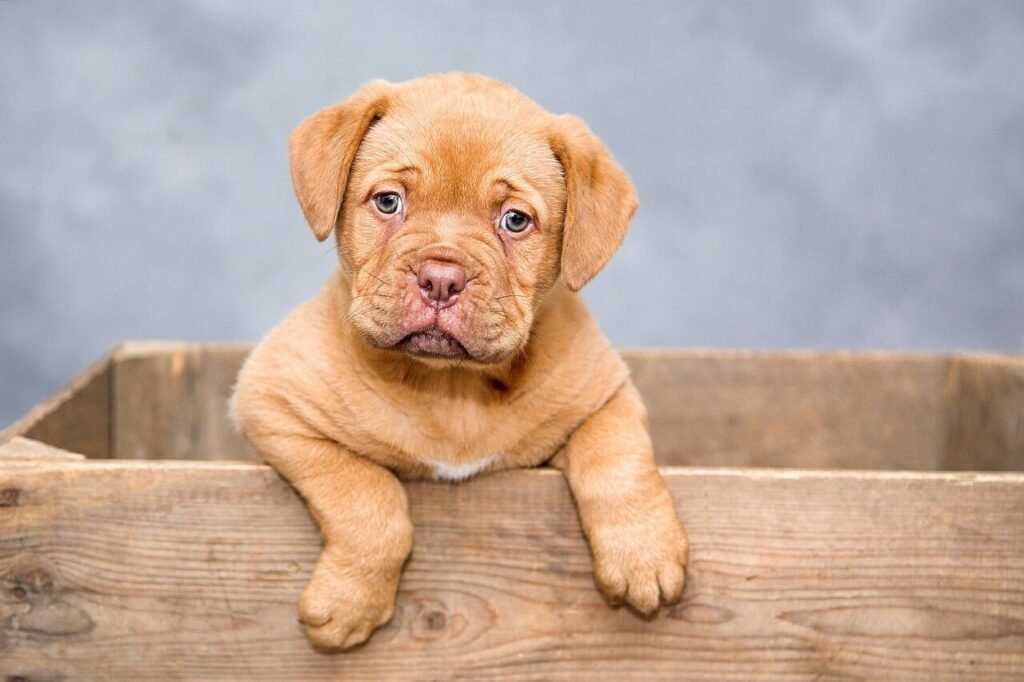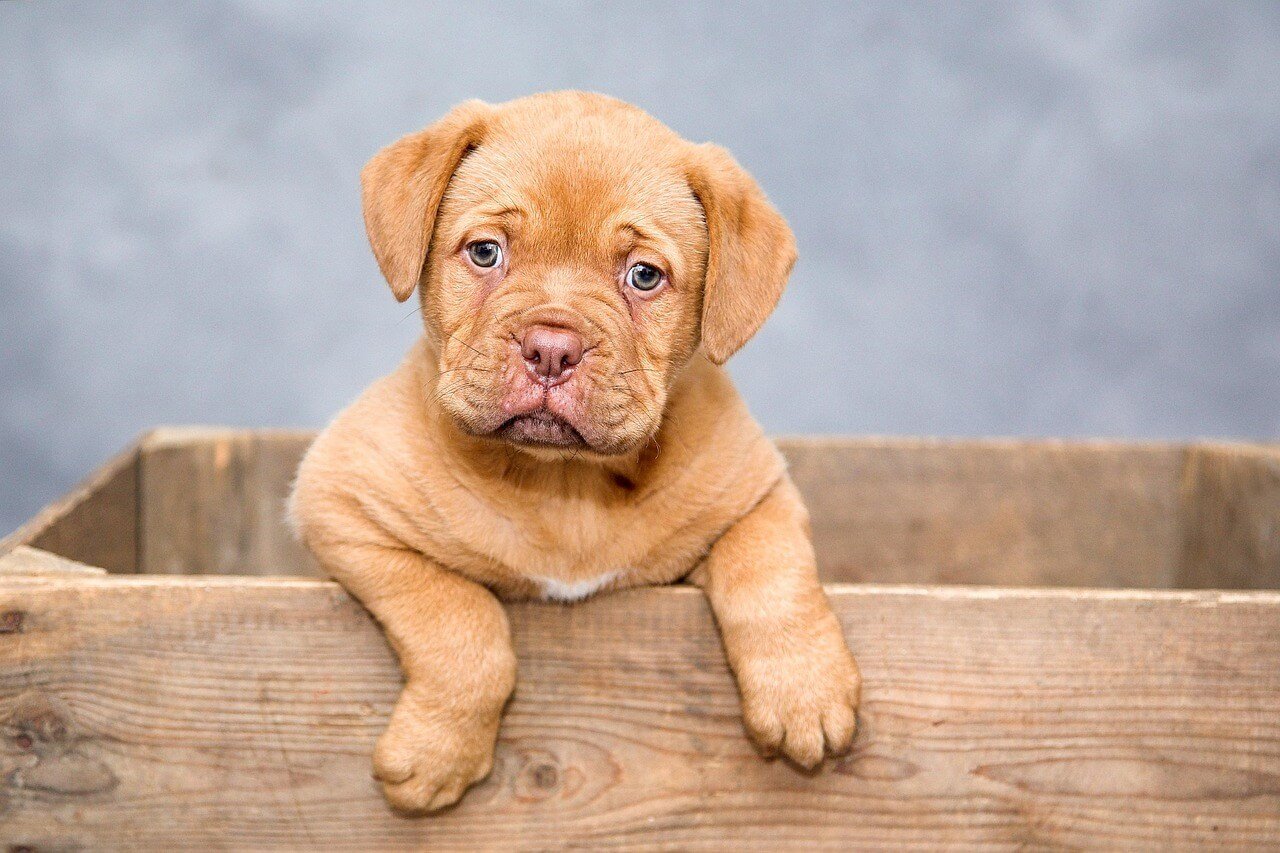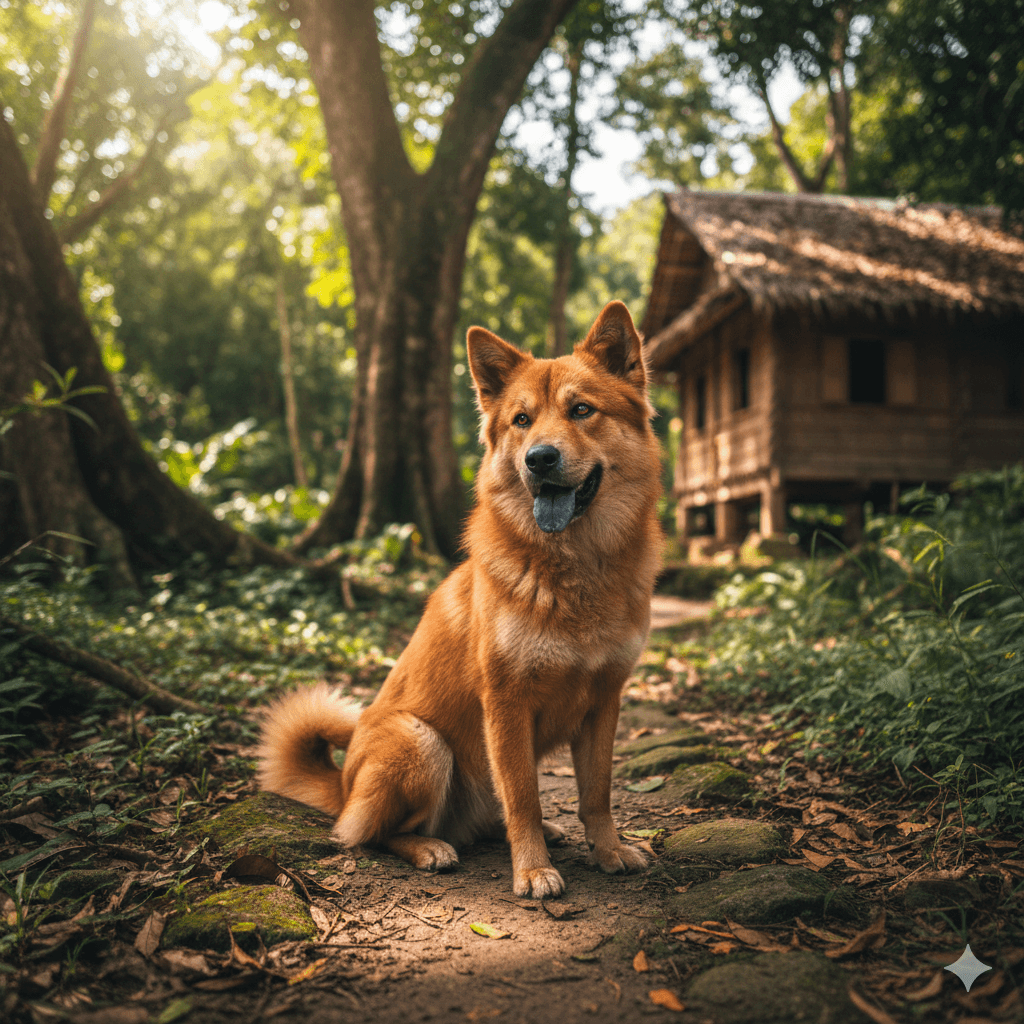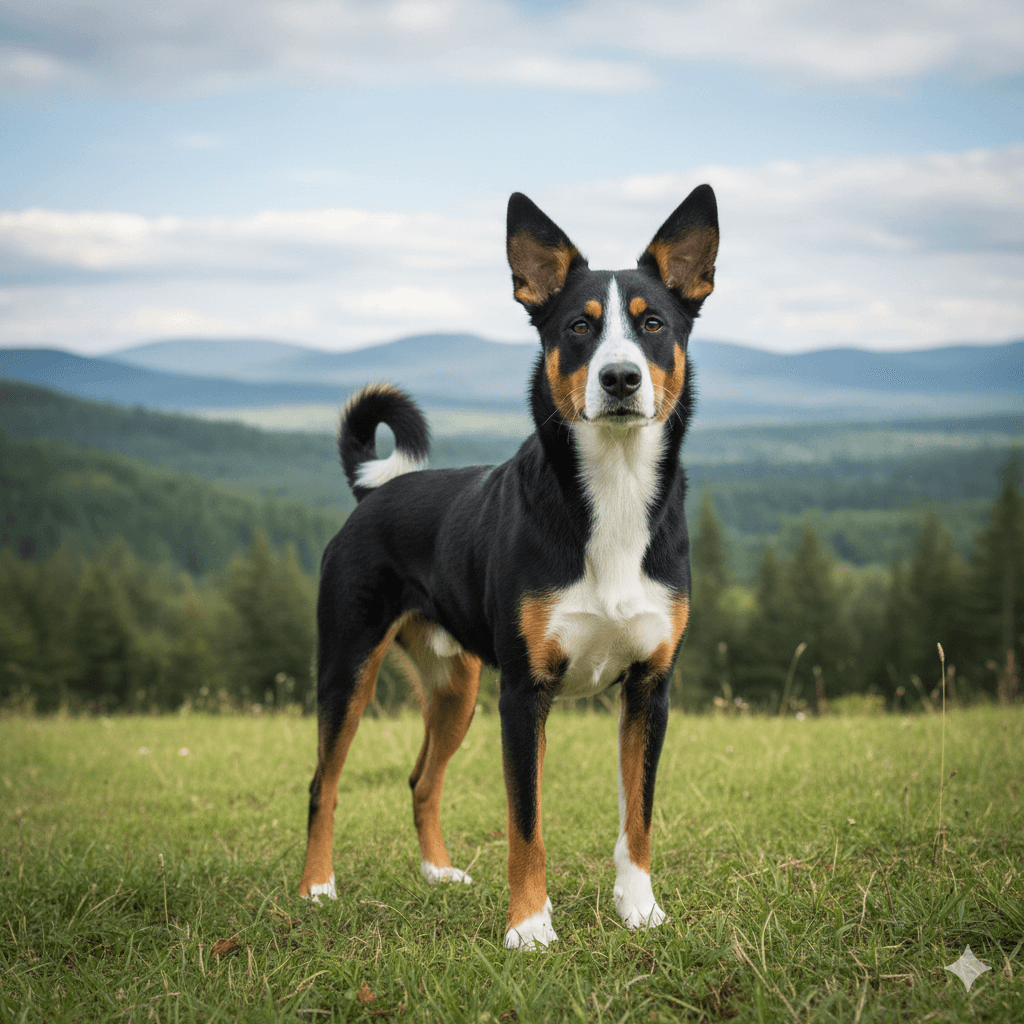Why Is My Dog Chewing Their Paws? Understanding the Causes and Solutions
If you’ve noticed your dog chewing their paws, you’re not alone. This behavior is common among dogs but can be a sign of underlying issues that need attention. While occasional paw licking or chewing may be normal, excessive or persistent paw chewing could indicate discomfort, stress, or even health problems. As a responsible pet owner, it’s important to understand why your dog might be engaging in this behavior and how to address it effectively. In this blog post, we’ll explore the potential causes of paw chewing, signs to watch for, and practical steps to help your furry friend feel comfortable and healthy again.
Common Reasons Why Dogs Chew Their Paws
Dogs chew their paws for a variety of reasons, ranging from physical discomfort to emotional triggers. Identifying the root cause is the first step toward resolving the issue. Here are some common explanations for this behavior:
Allergies: Environmental or food allergies can cause itching, leading dogs to chew their paws for relief.
Dry or Irritated Skin: Harsh weather, chemicals, or poor grooming habits can dry out your dog’s skin, making their paws itchy.
Parasites: Fleas, ticks, or mites can irritate your dog’s skin, prompting them to chew at their paws to alleviate the discomfort.
Anxiety or Stress: Dogs often resort to chewing as a way to cope with anxiety, boredom, or separation distress.
Injuries or Foreign Objects: Cuts, thorns, or embedded debris in their paws can cause pain and lead to excessive chewing.
Understanding these potential causes can help you take the right steps to address your dog’s paw-chewing habit and prevent further complications.
Signs Your Dog’s Paw Chewing May Be a Problem
While occasional paw chewing is normal, certain signs indicate that your dog’s behavior may be problematic or indicative of an underlying issue. Here’s what to look for:
Redness or Swelling: Inflamed skin around the paws suggests irritation, infection, or injury.
Hair Loss or Bald Spots: Excessive chewing can lead to patchy fur or bald areas on their paws.
Limping or Lethargy: If your dog avoids putting weight on a paw, there may be an injury or infection.
Odor from Paws: A foul smell could signal a bacterial or yeast infection caused by constant moisture.
Behavioral Changes: Increased chewing accompanied by restlessness or aggression may point to stress or pain.
If you notice any of these symptoms, it’s time to investigate further and consult your veterinarian to ensure your dog’s well-being.
Check this guide 👉Natural Dog Chews: Best 7 Expert Tips!
Check this guide 👉Dog Chewing on Leg: Best 7 Behavior Tips!
Check this guide 👉Why Does My Dog Chew on Rocks? Best 7 Expert Tips!

Causes of Paw Chewing | Solutions to Address the Issue |
|---|---|
Allergies | Consult a vet for allergy testing and treatment |
Dry or Irritated Skin | Use moisturizing paw balms and avoid harsh chemicals |
Parasites | Administer flea/tick prevention and check for mites |
Anxiety or Stress | Provide mental stimulation and calming aids like toys or music |
Injuries or Foreign Objects | Inspect paws regularly and remove debris; seek vet care for wounds |
How to Prevent Excessive Paw Chewing
Prevention is key to stopping your dog from developing a habit of excessive paw chewing. By addressing potential triggers and providing proper care, you can minimize the likelihood of this behavior. Here are some preventive measures:
Regular Grooming: Keep your dog’s paws clean and trimmed to prevent matting and reduce irritation.
Use Paw Protection: Apply protective balms or booties during walks to shield their paws from harsh surfaces or chemicals.
Maintain a Healthy Diet: Feed a balanced diet free of allergens to reduce the risk of food-related itching.
Provide Mental Stimulation: Engage your dog with interactive toys, puzzles, or training sessions to combat boredom.
Create a Calm Environment: Minimize stressors like loud noises or abrupt changes in routine to keep your dog relaxed.
By taking these proactive steps, you can help your dog stay comfortable and reduce the urge to chew their paws excessively.
When to Seek Veterinary Help for Paw Chewing
While some cases of paw chewing can be managed at home, others require professional intervention. Knowing when to consult your veterinarian ensures your dog receives timely care. Here are situations where you should seek help:
Persistent Chewing Despite Home Remedies: If the behavior doesn’t improve after trying basic solutions, it’s time to see a vet.
Visible Wounds or Bleeding: Open sores or bleeding indicate an injury that needs medical attention.
Severe Redness or Swelling: These symptoms could point to an infection requiring antibiotics or other treatments.
Unexplained Behavioral Changes: Sudden shifts in mood or activity levels may signal underlying health issues.
Recurrent Problems: Frequent paw chewing episodes suggest a chronic condition that needs diagnosis and management.
Your veterinarian can perform tests, prescribe medications, or recommend therapies to address the root cause of your dog’s paw chewing.
Gentle Solutions to Calm Your Dog’s Itchy Paws
If your dog is chewing their paws due to mild irritation or allergies, natural remedies can provide relief without harsh chemicals. These solutions are safe, easy to implement, and often effective for minor cases. Here are some options to try:
Coconut Oil: Apply a small amount of organic coconut oil to moisturize dry skin and reduce itching.
Oatmeal Baths: Soaking your dog’s paws in an oatmeal solution can soothe irritated skin and calm inflammation.
Apple Cider Vinegar Rinse: Mix equal parts water and apple cider vinegar to clean and disinfect itchy paws.
Chamomile Tea Compress: Steep chamomile tea bags, cool them, and apply as a compress to reduce redness and swelling.
Probiotics: Adding probiotics to your dog’s diet can improve gut health and reduce allergic reactions.
While these remedies can help with mild cases, consult your vet if the problem persists or worsens. Natural care complements professional advice and ensures your dog’s comfort.
How Stress and Anxiety Contribute to Paw Chewing
Sometimes, paw chewing isn’t caused by physical issues but rather emotional distress. Dogs express anxiety or boredom through repetitive behaviors like licking or chewing their paws. Understanding these triggers can help you address the root cause effectively. Here’s what to consider:
Separation Anxiety: Dogs left alone for long periods may chew their paws as a coping mechanism.
Lack of Exercise: Insufficient physical activity can lead to pent-up energy and stress-related behaviors.
Environmental Changes: Moving homes, new family members, or loud noises can increase anxiety levels.
Boredom: Without mental stimulation, dogs may resort to paw chewing out of habit or frustration.
Fear or Phobias: Thunderstorms, fireworks, or other frightening events can trigger stress-induced chewing.
By addressing these emotional factors, you can create a calmer environment for your dog and reduce their need to chew their paws excessively.
Long-Term Strategies to Keep Paw Chewing at Bay
Once you’ve addressed the immediate cause of your dog’s paw chewing, it’s important to implement strategies to prevent the behavior from returning. Consistent care and attention can help maintain your dog’s paw health over time. Here’s how to stay proactive:
Regular Vet Check-Ups: Schedule routine visits to catch potential issues early and ensure ongoing health.
Monitor Diet and Allergens: Keep track of foods or environmental factors that may trigger allergies or irritation.
Inspect Paws Daily: Make it a habit to check your dog’s paws for cuts, debris, or signs of irritation.
Provide Chew Alternatives: Offer safe toys or chews to redirect their chewing behavior away from their paws.
Maintain a Routine: Consistent feeding, walking, and play schedules reduce stress and promote overall well-being.
By staying vigilant and incorporating these practices into your daily routine, you can help your dog avoid future episodes of excessive paw chewing. Prevention is always better than dealing with recurring problems.
Frequently Asked Questions About Dogs Chewing Their Paws
Why does my dog chew their paws at night?
Nighttime chewing may be due to boredom, anxiety, or discomfort caused by allergies or parasites.
Can I use over-the-counter creams for my dog’s paws?
Yes, but only use products specifically designed for dogs to avoid irritation or toxicity.
How do I stop my dog from chewing their paws?
Address the underlying cause, provide distractions, and consult a vet if the behavior persists.
Is paw chewing a sign of fleas?
Yes, fleas can cause intense itching, leading dogs to chew their paws to relieve the irritation.
What can I do for my dog’s dry paws?
Use a dog-safe moisturizer, avoid harsh chemicals, and protect their paws during walks.
Final Thoughts: Helping Your Dog Feel Comfortable Again
Excessive paw chewing is more than just a quirky habit—it’s often a sign that your dog is experiencing discomfort or stress. By understanding the potential causes and taking proactive steps to address the issue, you can help your furry friend feel happy and healthy. Whether it’s through regular grooming, dietary adjustments, or seeking veterinary care, your efforts will go a long way in ensuring your dog’s well-being. Remember, a little attention and care can make a world of difference in your dog’s life. With patience and persistence, you can put an end to the paw-chewing cycle and enjoy many joyful moments together.
Telomian Chow Chow Mix: Best 7 Expert Tips! – Discover the unique blend of loyalty, agility, and independence in this rare hybrid. Perfect for devoted dog lovers!
Telomian Akita Mix: Best 7 Expert Tips! – Discover the perfect blend of loyalty, strength, and agility in this unique hybrid. Learn care, training, and health tips!
Telomian Bernese Mountain Dog Mix: Best 7 Expert Tips! – Discover the perfect blend of agility, loyalty, and charm in this unique hybrid companion.
Telomian Bulldog Mix: Best 7 Expert Tips! – Discover the perfect blend of loyalty, energy, and charm with this unique hybrid breed. Ideal for active families!





